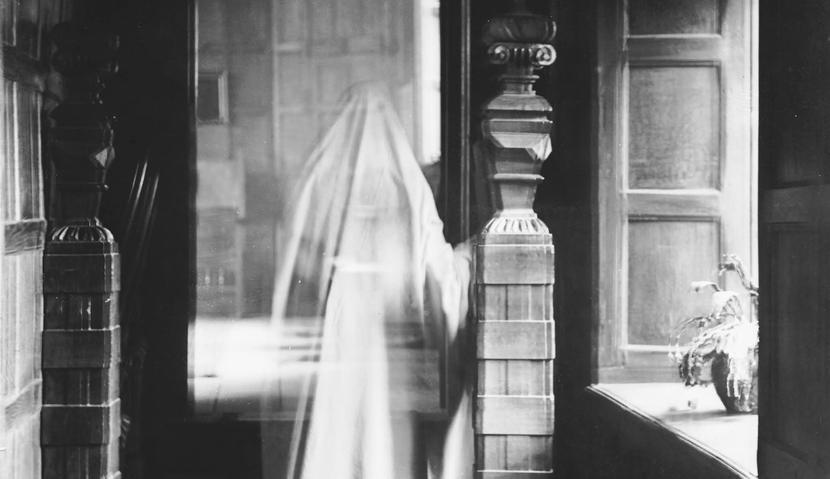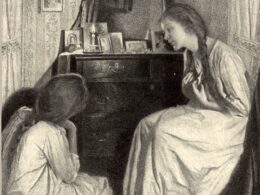Edith Wharton (1862–1937)
From Edith Wharton: Collected Stories 1911–1937

As Halloween approaches, we celebrate Edith Wharton, one of America’s unsung purveyors of ghost stories.
“‘I don’t believe in ghosts, but I’m afraid of them,’ is much more than the cheap paradox it seems to many,” Wharton wrote in the preface to the 1937 collection Ghosts. Wharton died during the preparation of the book, which gathered ten of her tales published between 1902 and 1931 with her newest (and last) story, “All Souls’.” It is a surprising endnote to the five-decade career of the woman who wrote The Age of Innocence and The House of Mirth.
“When I first began to read, then to write, ghost stories,” she explained, “I was conscious of a common medium between myself and my readers, of their meeting me halfway among the primeval shadows, and filling in the gaps in my narrative with sensations and divinations akin to my own.” To Wharton, whether ghosts actually “existed” was beside the point: “It is luckier for a ghost to be vividly imagined than dully ‘experienced.’” A successful ghost story was one that produced “a thermometrical quality; if it sends a cold shiver down one’s spine, it has done its job and done it well.”
A couple of her better-known stories are ghost stories that seem to be without any supernatural element at all; the ghost might exist—or it might be entirely in the mind of the storyteller. “Miss Mary Pask” supports no such ambiguity; instead, Wharton uses the trappings of ghost story to comment on and satirize societal expectations of unmarried women. She often had to deal with various editors who became squeamish whenever female characters had sexual longings outside of marriage; her last novel was rejected by several magazines because it featured an unmarried couple living together. A female “ghost,” however, might say and do things a living woman could not. As she wrote in her autobiography: “I think it was Edwin Godkin, then the masterly editor of the New York Evening Post, who said that the choice of articles published in American magazines was entirely determined by the fear of scandalizing a non-existent clergyman in the Mississippi Valley; and I made up my mind from the first that I would never sacrifice my literary conscience to this ghostly censor.”



